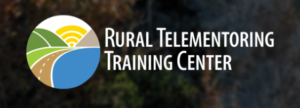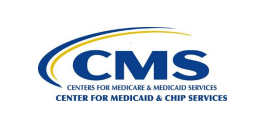July 11, 2024

FEMA and HHS Announce Resources and Tips to Address Extreme Heat Sweeping the Nation
FEMA and the U.S. Department of Health and Human Services (HHS) are encouraging everyone to plan and act now to protect themselves against the dangers of heat-related hazards in the U.S., but this health impact is largely preventable.
Heat Related Resources:
- The Heat and Health Index (HHI)
- helps communities prepare for heat events and prevent heat-related illness
- Quick Guide for Clinicians on Heat and Health
- helps physicians and medical centers prepare and respond to heat emergencies
- Low Income Home Energy Assistance Program (LIHEAP)
- provides federally funded assistance to reduce the costs associated with home energy bills, energy crises, weatherization and minor energy related home repairs
- A full List of Heat and Health Resources
Click Here to Learn More






